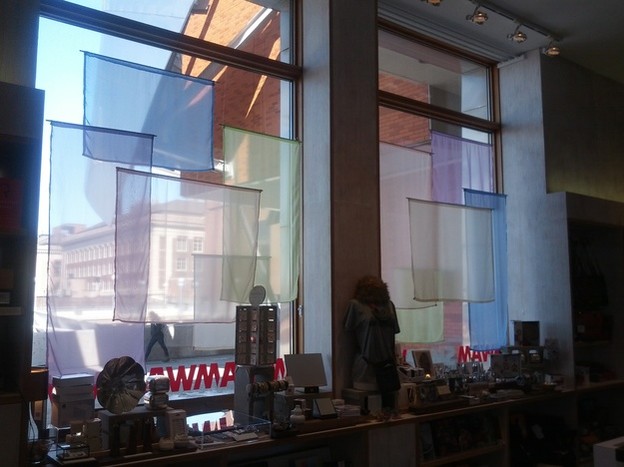:) Emoticon automates affect

I start writing this lecture after class. I’m following what the poet Mary Ruefle writes in her book Madness, Rack, and Honey (2012) about how, upon being required to deliver standing lectures to graduate students, she opted to write them out instead of providing spontaneous, informal talks. She writes, “I preferred to write my lectures because I am a writer and writing is my natural act, more natural than speaking.”[1] I am following this impulse to write into the questions and materials at hand. Yet it was not writing that inspired the first words of this forum contribution, but rather the sight of an intersection: I was in a store, under the illusion that I was standing at an intersection. At first, what caught my attention was across the street: a woman, in a black jacket and thick hat, dancing, while a man, presumably her husband, films her with his cell phone. She is laughing — he is too — but he also looks around to see if anyone else is looking. I am looking, and they seem to me like a couple obviously having fun and loving each other in this New England cold. But what sustains my attention are not the humans. It’s the machines.
The machines here include the cars, the many cars in various colors that pass by at moderate speeds. Next, the phone in my hand I glanced at because I was debating whether to take a photo of the couple from inside the store. The camera phone in the man’s hand. Then, the lights of the intersection; once red, now they have turned green. A school bus appears, bright yellow, now, in front of me. If I can try to describe it again, I’d say it’s an ongoing, a sustained yellow, a blight of yellow in front of me.
I was attracted to Ruefle’s injunction to write rather than to speak because it presents a playful quality in the written form. One is writing, but expecting to read, and this offers an entirely different relationship to the process. The nature of a forum as exploratory and a conversation also lends itself to writing then speaking to investigate these ideas, with the expectation that it will be with you. After all, a forum is a conversation. Moreover, poetry machines (two words that often do not go together) insists on the seriousness of the matter and on automation :) Emoticon automates affect. Additionally, Ruefle’s practice and the form I’ve taken up sheds light on what Fred Moten had said to me, how do poets write about poetry? Through this tool of writing, I’m interested in the many instances when poets refer to the poem as machine. In this way, the poetry as machine may disrupt notions of automation through the wider lens and interventions of the humanities.
1. Mary Ruefle, Madness, Rack, and Honey: Collected Lectures (Seattle, WA: Wave Books, 2012), vii.
Forthcoming in ASAP/Journal: ASAP: The Association for the Study of the Arts of the Present
Automated Poetics